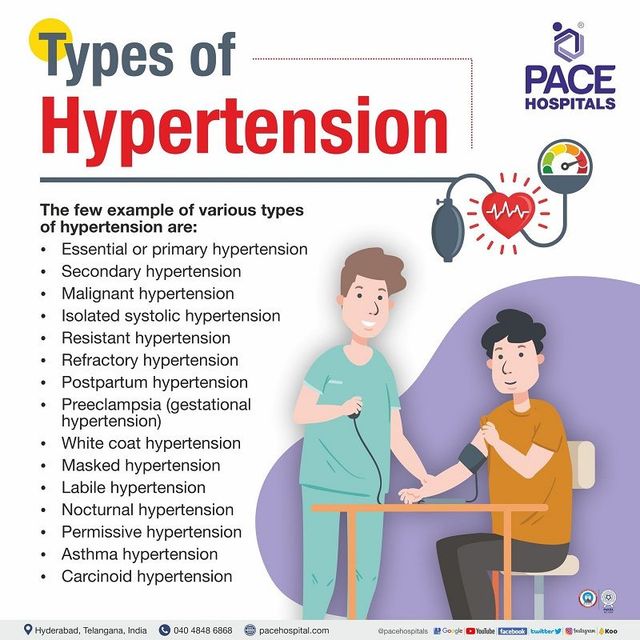Hypertension: Understanding High Blood Pressure

Learn about the basics of hypertension and how to effectively manage it.
What is Hypertension?
Hypertension, commonly known as high blood pressure, is a medical condition where the blood pressure in the arteries is persistently elevated. It is often referred to as the "silent killer" because it usually doesn't cause noticeable symptoms until it reaches an advanced stage.
Causes of Hypertension
The exact cause of hypertension is often unknown, but several factors can contribute to its development. These may include genetics, unhealthy lifestyle choices, certain medical conditions, and more.
Risk Factors

There are several risk factors associated with hypertension:
- Family history of high blood pressure
- Unhealthy diet high in sodium
- Lack of physical activity
- Obesity or overweight
- Smoking
- Excessive alcohol consumption
- Stress and mental health
Managing Hypertension
Effectively managing hypertension involves a combination of lifestyle changes and, in some cases, medication. Here are some strategies to help control high blood pressure:
- Adopting a heart-healthy diet with reduced sodium intake
- Engaging in regular physical activity
- Maintaining a healthy weight
- Reducing stress through relaxation techniques
- Limiting alcohol intake
- Avoiding tobacco products
- Regularly monitoring your blood pressure
- Following your healthcare provider's recommendations
Risk Factors
| Risk Factor | Level |
|---|---|
| Family History | High |
| Physical Inactivity | Moderate |
| Unhealthy Diet | High |
| Obesity | Very High |
| High Blood Pressure | Moderate |
| Age | Moderate |
Regular Check-ups
Attending regular check-ups with your healthcare team is essential for monitoring your overall health and making any necessary adjustments to your hypertension management plan.
Understanding Blood Pressure Levels
Learn about different blood pressure ranges and what they mean for your health.
Normal Blood Pressure
Normal blood pressure typically reads around 120/80 mm Hg. This indicates that your heart is pumping effectively, and your arteries are healthy.
Elevated Blood Pressure
If your blood pressure consistently ranges from 120-129 systolic and less than 80 diastolic, you may have elevated blood pressure. It's a sign to monitor your levels and make lifestyle changes.
Hypertension Stage 1
When your blood pressure consistently measures between 130-139 systolic or 80-89 diastolic, it falls into the category of Hypertension Stage 1. It's important to take action and consult a healthcare provider.
Hypertension Stage 2
Hypertension Stage 2 is diagnosed when blood pressure consistently measures 140/90 mm Hg or higher. This indicates a more serious level of high blood pressure, requiring prompt medical attention and lifestyle changes.
Hypertensive Crisis
A hypertensive crisis occurs when blood pressure spikes to 180/120 mm Hg or higher. This is a medical emergency that demands immediate attention to prevent severe health complications.
Conclusion
Regular monitoring of your blood pressure is crucial for maintaining good health. Understanding these ranges helps you take proactive steps towards a healthier lifestyle.
